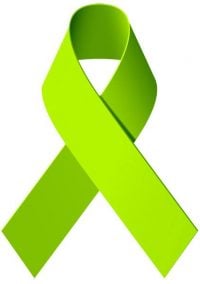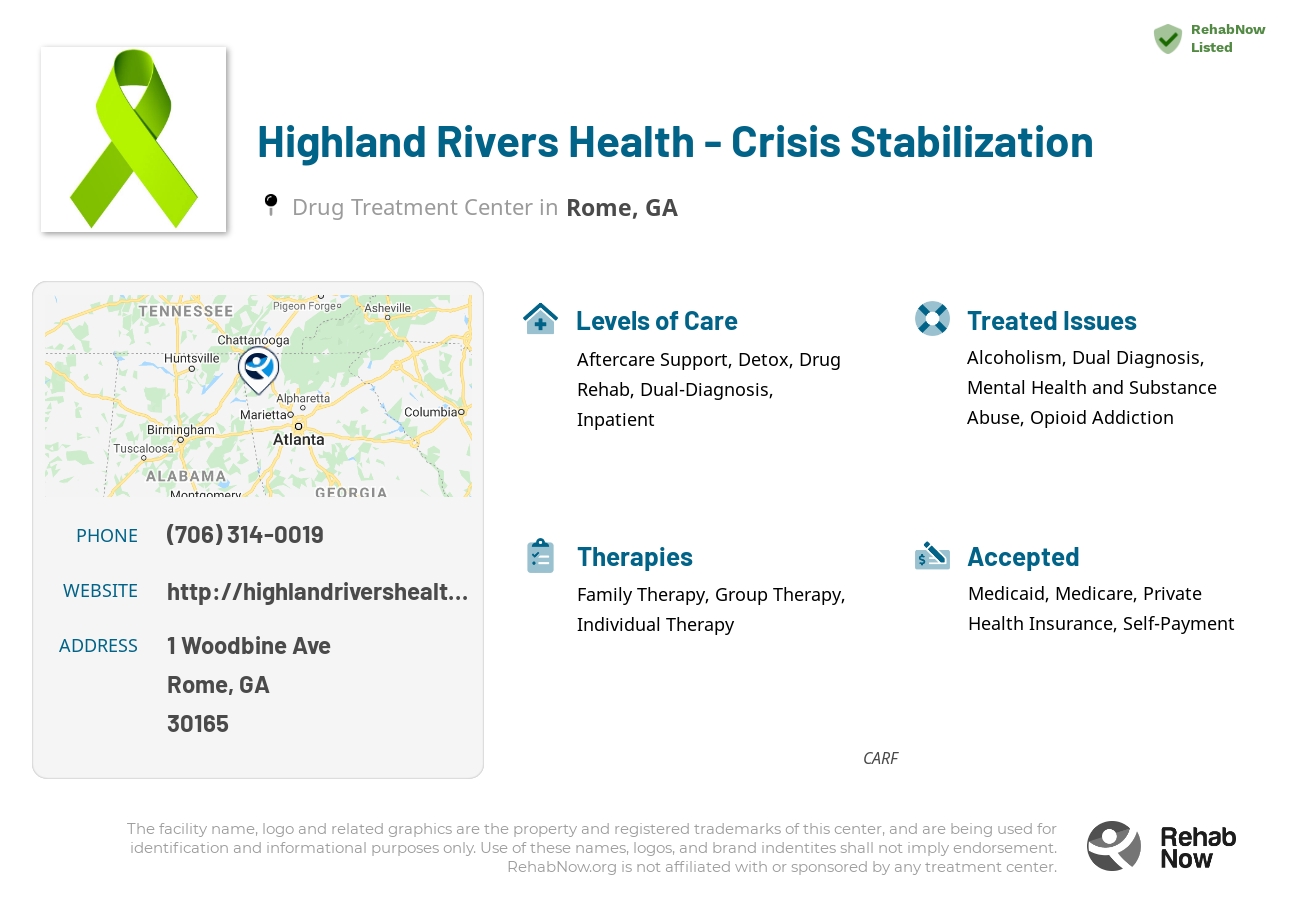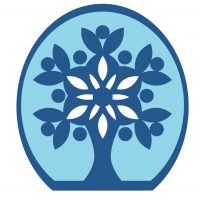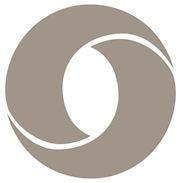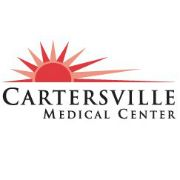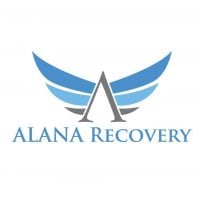Highland Rivers Health - Crisis Stabilization
Drug Rehab Center in Rome, Georgia
Highland Rivers Health - Crisis Stabilization in Rome, Georgia is an addiction treatment facility accredited by CARF that offers a range of levels of care including detox, inpatient treatment, partial-hospitalization, outpatient programs, and aftercare support for individuals suffering from alcoholism, dual diagnosis, opioid addiction, drug addiction, substance abuse, and mental health disorders.
About Highland Rivers Health - Crisis Stabilization in Georgia
Highland Rivers Health - Crisis Stabilization in Rome, Georgia, offers comprehensive addiction treatment and mental health services. Their mission is to provide compassionate care and help individuals achieve recovery and independent living.
- Medically supervised detox and stabilization program
- Residential and outpatient treatment options available
- Personalized care for unique situations and dual diagnosis
This CARF-accredited facility specializes in treating alcoholism, drug addiction, opioid dependence, and co-occurring mental health disorders. Their approach involves detoxification, stabilization, and transitioning clients to the appropriate level of care, whether residential or outpatient programming.
Highland Rivers Health - Crisis Stabilization offers a range of evidence-based therapies and services, including individual and group counseling, medication management, and aftercare support to maintain sobriety and prevent relapse.
Genders
Ages
Modality
Additional
Accreditations

CARF
The Commission on Accreditation of Rehabilitation Facilities (CARF) is a non-profit organization that specifically accredits rehab organizations. Founded in 1966, CARF's, mission is to help service providers like rehab facilities maintain high standards of care.
Conditions and Issues Treated
Rehabilitation, Medication, and Therapy – a combination of all three is most effective.
The most successful treatments for drug dependence or abuse have been those that include education and counseling and medication such as methadone or buprenorphine. The right drug abuse treatments need counseling, psychotherapy, and detoxification or medications to help with withdrawal symptoms.
Substance abuse can take many different forms, including the overuse or misuse of prescription drugs, unprescribed drugs, alcohol addiction, and drug addiction.
A combination of treatments is often needed to treat drug abuse issues effectively. In the case of drug abuse, there is no easy answer or one-size-fits-all cure.
While some drug addictions can be treated with counseling and support groups, many drug abusers also need medication to help them overcome their addiction. In other cases, drug abuse can lead to a medical problem and require medical treatment.
Treatment for drug addiction typically combines counseling and psychotherapy with medication and behavioral therapies. In some rare cases, hospitalization may also be required. All different treatments combined are the best way to help someone addicted to drugs, alcohol, or other substances.
Treatment for opioid addiction is best made with the help of medical professionals who are experienced in dealing with these types of drugs. This treatment can involve medications, exercise, behavioral therapy, and counseling sessions. It is important to note that the effectiveness of treatments for opioid addiction vary, so it is vital to research which treatment options are suitable for each individual.
Many people who struggle with opioid addiction need to attend specific programs like methadone , Suboxone or Vivitrol clinics.
These types of programs will provide the patient with legal, prescription medications that can help them overcome their cravings for illegal opioids like heroin or fentanyl . If the patient has a chronic condition like Hepatitis C, they must undergo treatment before they can begin taking these medications.
Individuals who are addicted to drugs and/or alcohol often have one or more co-occurring mental health disorders. Addressing both the addiction and the mental health problems at facilities like Highland Rivers Health - Crisis Stabilization can be very beneficial for these individuals.
Common mental health conditions that often co-occur with addiction include:
- Anxiety Disorders – People with drug and alcohol problems often suffer from anxiety disorders such as panic disorder, obsessive-compulsive disorder, social anxiety disorder, and generalized anxiety disorder.
- Depression – One of the most common mental illnesses co-occurring with addiction is major depressive disorder.
- Attention-deficit hyperactivity disorder (ADHD) – Many people with drug and alcohol problems also suffer from ADHD.
- Bipolar Disorder – People with bipolar disorder are more likely to suffer from drug and alcohol problems than the general population, and vice versa.
Levels of Care Offered
This center offers a variety of custom treatment tailored to individual recovery. Currently available are Aftercare Support, Detox, Drug Rehab, Dual-Diagnosis, Inpatient, Outpatient, Partial-Hospitalization, with additional therapies available as listed below.
Detox is the stage of recovery where the drugs or alcohol are entirely removed from your body. There are two different ways to detox, with medications and without. For many drugs and alcohol, the acute phase of detox can be completed in a number of days.
Inpatient recovery offers individual therapy, groups, and family therapy. The length of inpatient addiction treatment depends on the addict and their addiction. Inpatient rehab is a costly drug treatment, costing anywhere from $30k- to $60k. However, insurance often offers help in covering these costs.
Outpatient treatment can be considered the lowest intensity level of addiction treatment in Rome, GA. It is ideal for early phase addiction or lower intensity addictions. Highland Rivers Health - Crisis Stabilization peer group support, 12-step programs, and individual counseling are likely to be involved.
A partial hospitalization program (PHP) is designed to help those in Rome, GA with acute addiction symptoms. This means the person is treated in a hospital-like setting while still having some freedoms as an outpatient. Most PHPs like Highland Rivers Health - Crisis Stabilization require six hours of daily therapy and three days per week of group or individual counseling. If desired, they may sleep onsite or go home (but all participants are monitored more than any other type). These plans usually last one month but can be extended to six months, depending on your weekly time commitment!
Partial hospitalization programs are designed for people who need care but want to stay at home. Outpatient clinically supervised care allows people to participate in treatment while going about their daily lives without staying away from home for long periods.
The Partial Hospitalization Program requires you to be available for individual therapy sessions for a minimum of five days per week for twenty-four weeks. You will be seen for follow-up visits until the treatment is stopped.
Aftercare support is vital to those who have completed a drug or alcohol treatment program. This support comes in individual and family counseling, treatment of psychiatric and other medical conditions, and medications to reduce cravings. It helps recovering addicts adjust to normal day-to-day activities and can last for a year or longer.
The majority of drug and alcohol addicts who receive aftercare treatment do not relapse. It is estimated that without aftercare, the relapse rate will be between 70 to 90 percent for most people. Aftercare is the final stage in addiction recovery, but it will also help maintain sobriety if relapse does occur.
Therapies & Programs
Individual therapy is ideal for addicts who want to focus on themselves. It can also be helpful for those whose withdrawal symptoms are exacerbated by the presence of other people.
Benefits of individual therapy are:
- Access to a personalized treatment plan that focuses on the individual needs of the addict
- More privacy during treatment sessions
- Better personal development through introspection
- Increased self-awareness regarding addictive tendencies in order to avoid relapse
- Greater potential for a long-term recovery plan
- Receiving professional advice and detox assistance from medical staff
Couples therapy is a treatment method used to help couples in which at least one member of the couple has a drug addiction. Couples therapy can be used whether the addicted partner is using drugs or in recovery. An additional benefit of couples therapy is that it can help make other types of treatment, such as 12-step programs, more effective.
Family therapy can help you and your family deal with old issues that may trigger substance abuse. The idea behind family therapy for drug addiction is that you are never fully healed from substance abuse until you’ve healed your relationship with your family, too. To get sober, you need to find a different way to cope with the pain in your life.
This is when a group of people in various stages of recovery meet up and discuss their experiences, triggers, successes, failures, and even alternative therapies! Unlike support groups where everyone already knows each other, group therapy is conducted along side outpatient or inpatient treatment at Highland Rivers Health - Crisis Stabilization.
Trauma therapy is a clinical process that helps individuals deal with mental stress often caused by traumatic events. The therapist helps the person identify, understand and work through the problem. This is done with the help of talking about it in group or one-on-one counseling sessions.
Therapists use relaxation, role-playing, art, and music to help the person open up about what is bothering them. Some examples include:
- Talking about the traumatic event and how it affected them.
- Helping those who have PTSD to deal with their nightmares and recurring memories.
- Working with individuals to resolve the issues triggering the stress, whether seeing someone who reminds them of what happened or feeling helpless.
The individual is also encouraged to help others that are struggling with similar problems. This often helps them feel empowered and gives them hope.
Trauma therapy is not for everyone; it is usually reserved for people who have recently experienced a traumatic event and struggle to get over it. It is generally done for children, teenage victims of sexual assault, and war veterans.
Dialectical Behavior Therapy (DBT) is used by drug treatment centers across the United States to help drug addicts become sober. DBT is a type of Cognitive Behavioral Therapy (CBT) that combines traditional behavioral treatments with elements from DBT, including dialectics, distress tolerance, and interlocking issues. Some of the negative behaviors associated with addiction, such as impulsivity and mood swings, are addressed in DBT, while others like craving and isolation are not. It is commonly used to treat Borderline Personality Disorder (BPD) along with substance abuse disorders.
The four DBT modules are mindfulness, interpersonal effectiveness, emotion regulation, and distress tolerance:
- Mindfulness helps recovering addicts learn to identify and experience their emotions while realizing that they are not permanent.
- Interpersonal Effectiveness includes assertiveness, asking for what you need, and saying no while improving communication skills.
- Distress Tolerance has recovering addicts learn how to tolerate distress at the moment and avoid resorting to substance abuse.
- Emotion Regulation is used to identify, express and change emotions.
CBT is a psychotherapy approach and method. [ws-nap-name] people to examine how their thoughts, including habitual harmful and inaccurate thinking, affect their actions. CBT is based on the idea that rigid, inflexible thinking leads to poor stress management, which leads to emotional distress.
Similarly, CBT helps people identify and change negative behaviors. It makes you question your perceptions and ask if they are realistic. CBT asks people to examine their behaviors and emotional responses and how they affect their lives. CBT aims to change people’s thinking and behavior to lead a more balanced and healthy life.
Moreover, CBT has been shown to reduce anxiety disorders, depression, and symptoms associated with harmful thoughts or actions.
Those struggling with addiction can benefit from learning certain life skills. It is not as simple as quitting drinking or taking drugs and thinking that the hard part is over. Being sober means living a whole new way of life. Many recovering addicts have found that they need to develop talents like time management, organization, communication skills, socialization skills, and self-esteem to make their life in sobriety work, Highland Rivers Health - Crisis Stabilization is here to help with that.
A 12-step program is a mutual support group in which members share their experiences with addiction. The goal of these programs is to provide support and encouragement throughout the recovery process.
12-step programs are beneficial for:
- Individuals who have already stopped drug/alcohol use
- Individuals who have already stopped drug/alcohol use, and are looking for a support system to maintain sobriety
- People who may be thinking about quitting their drug/alcohol use
- People who do not have access to other types of addiction treatment
Contingency Management (CM) offered at Drug Treatment Centers (DTCs) has reportedly improved retention rates for substance abuse treatment. CM is one of the most widely used behavioral approaches to improving drug addiction outcomes. The goal of CM is to change behavior by linking desired behaviors (such as abstinence) with some reward. Rewards are measured by reinforcing desired behaviors with tangible rewards, such as food vouchers or cash. Incentive programs have been used successfully in various settings, and research has suggested that they can increase engagement in health care.
One specific type of CM, termed low-level positive reinforcement (LPE), is a highly effective and low-cost treatment that has been used with populations across the intellectual and developmental spectrum for decades. LPE is based on the principle that reinforcing desired behavior will increase the likelihood of that behavior occurring again in the future. It is a form of behavioral therapy and teaching tool that has been used to help teach children with autism.
Payment Options Accepted
For specific insurance or payment methods please contact us.
Is your insurance accepted?
Ask an expert, call (888) 674-0062
Additional Details
Specifics, location, and helpful extra information.
Rome, Georgia 30165 Phone Number(706) 314-0019 Meta DetailsUpdated April 15, 2024
Staff Verified
Highland Rivers Health - Crisis Stabilization Patient Reviews
There are no reviews yet. Be the first one to write one.
Rome, Georgia Addiction Information
Prescription opioid use has caused a large increase in the total amount of overdoses in Georgia. Almost 12% of the Georgia population uses illicit drugs each year, and slightly over 3.5% also abuses alcohol at the same time. This does not include those who binge-drink at least once a month, which includes 20% of all Georgians.
The Georgia Bureau of Investigation's crime report revealed that there were 1,731 drug-related offenses in Rome, GA in 2018. The most commonly abused drugs in the city include alcohol, cocaine, marijuana, and methamphetamine. However, prescription drugs are becoming an increasingly common scourge. The average age of first drug use in Rome, GA is 15. Some of these options include inpatient rehab and outpatient rehab.
Treatment in Nearby Cities
- Woodstock, GA (41.1 mi.)
- Sandersville, GA (164.5 mi.)
- Denver, GA (75.0 mi.)
- Fort Oglethorpe, GA (46.7 mi.)
- Gainesville, GA (79.0 mi.)
Centers near Highland Rivers Health - Crisis Stabilization
The facility name, logo and brand are the property and registered trademarks of Highland Rivers Health - Crisis Stabilization, and are being used for identification and informational purposes only. Use of these names, logos and brands shall not imply endorsement. RehabNow.org is not affiliated with or sponsored by Highland Rivers Health - Crisis Stabilization.
